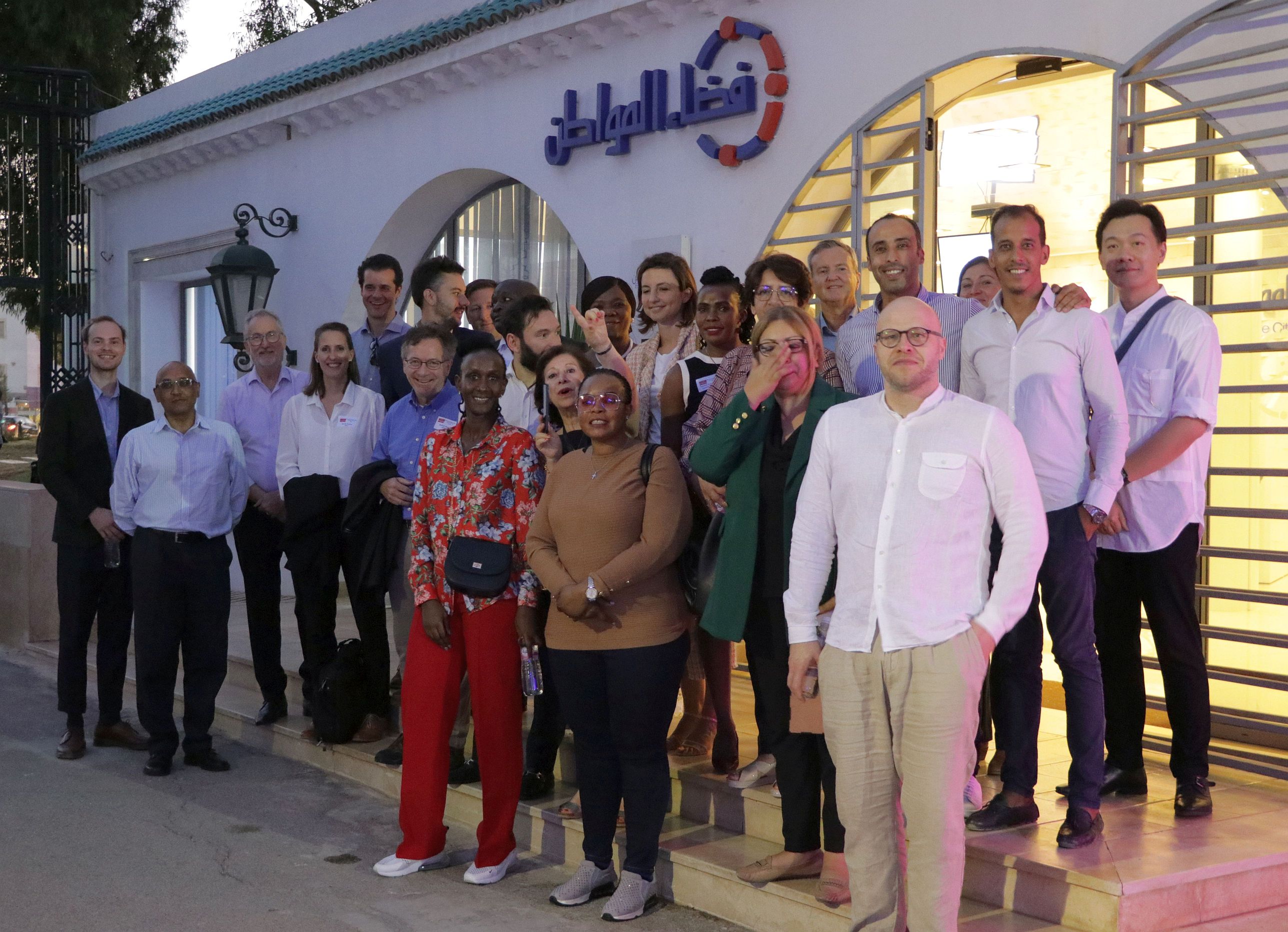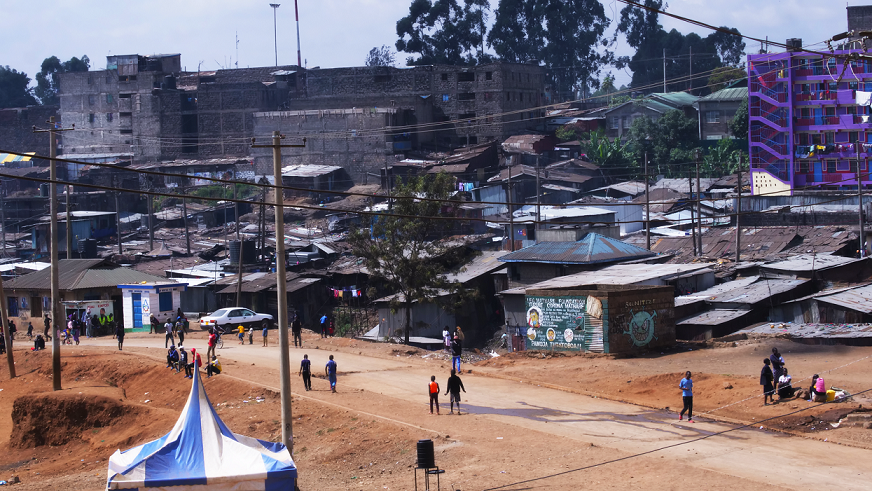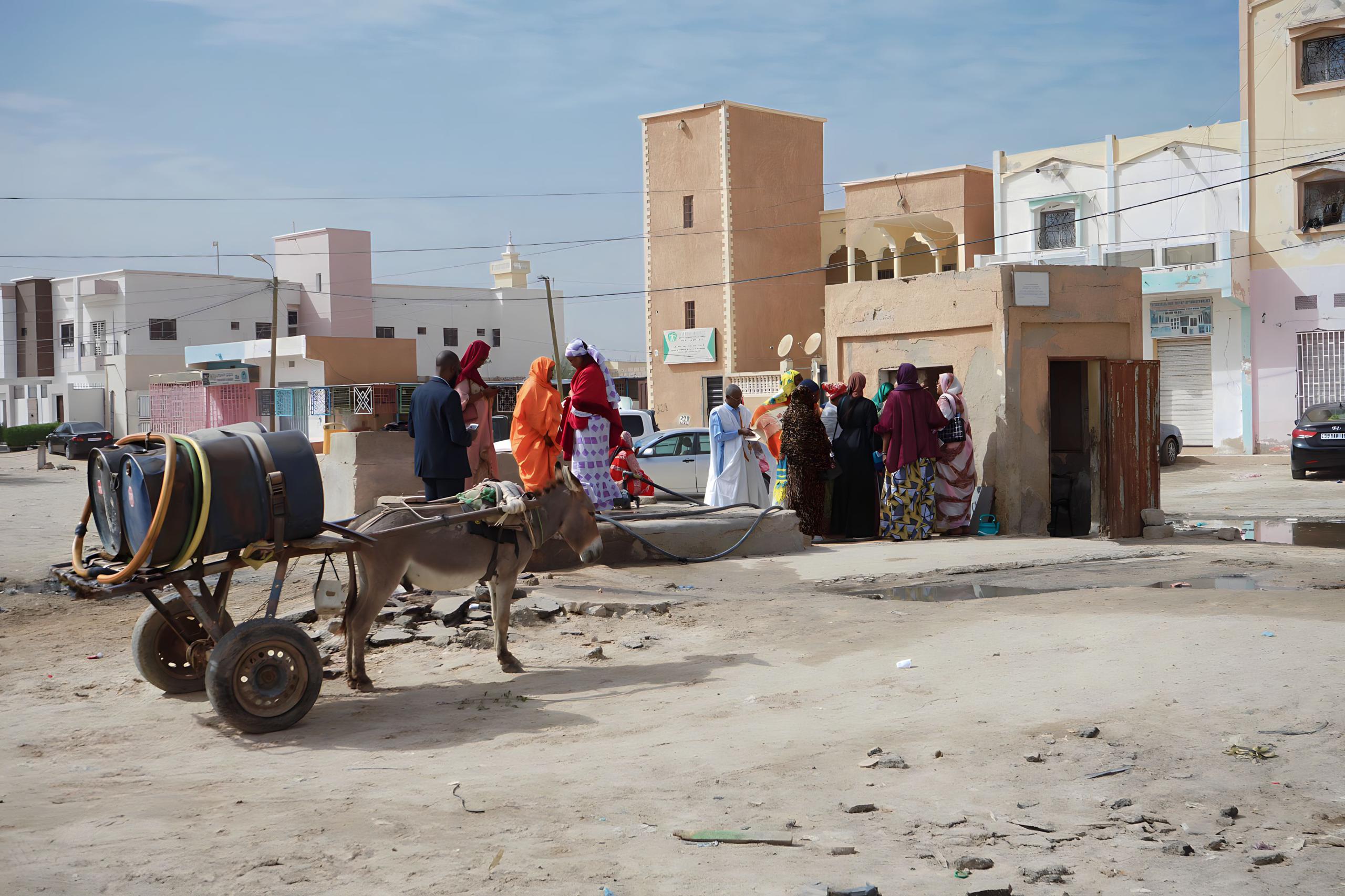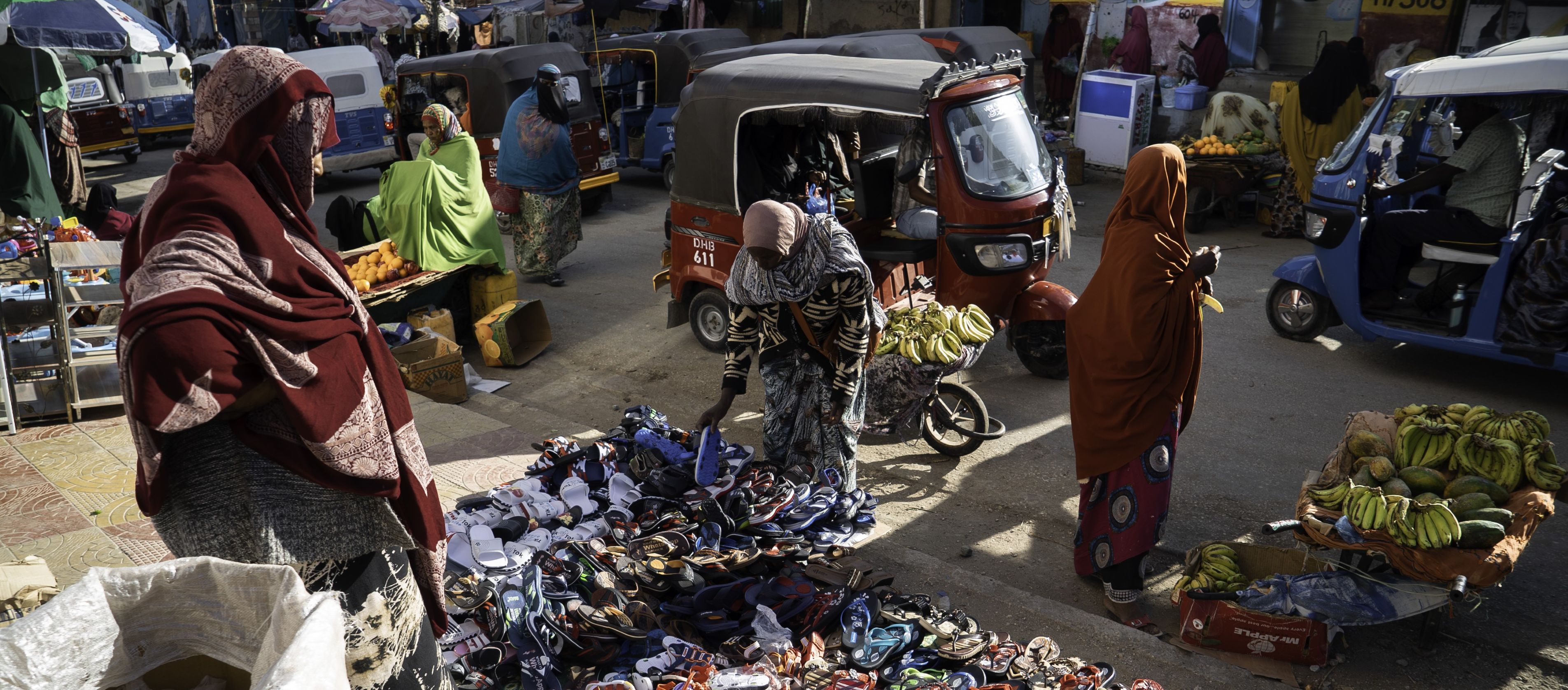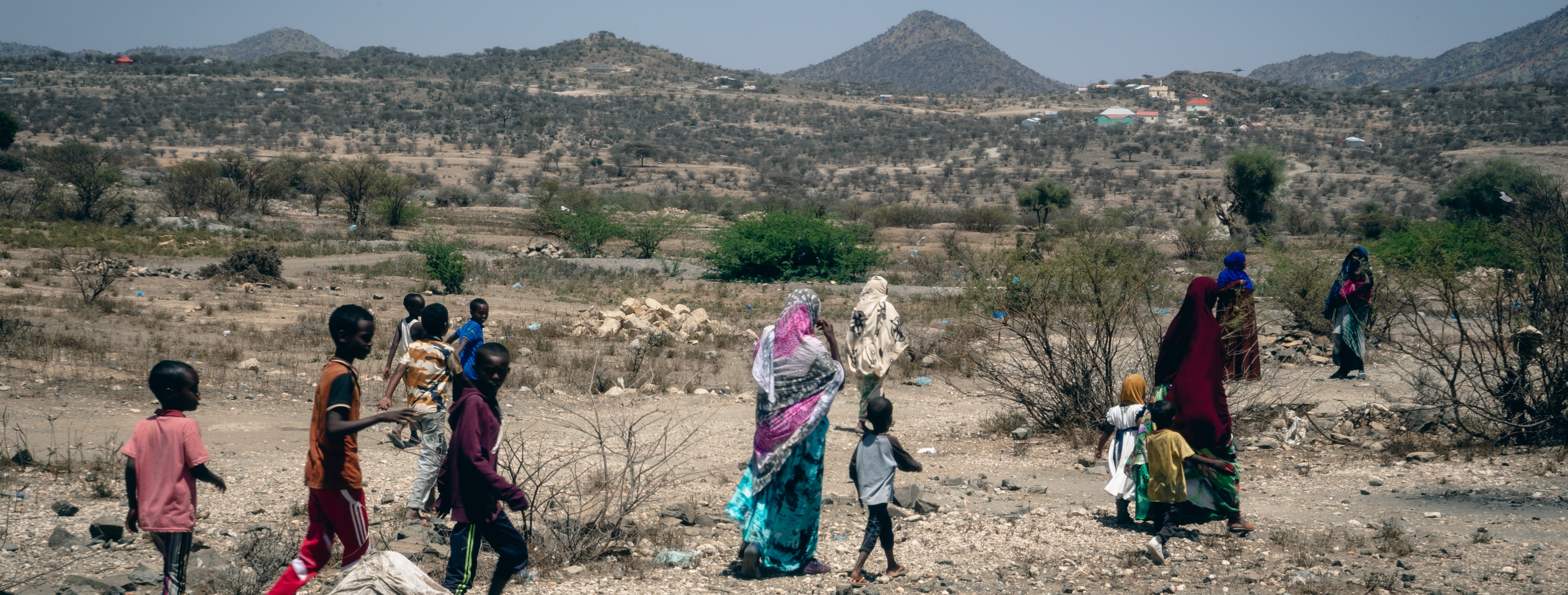The Secure Tenure in African Cities: Micro Funds for Community Innovation initiative was launched by Cities Alliance' Innovation programme in 2019, with support from PLACE, to encourage the development of innovative methods for promoting and improving land tenure and housing rights for the urban poor.
The initiative awarded small grants to fund five community-based projects in DRC, Zanzibar, South Africa, Ivory Coast and Kenya. They focused on affordable, incremental solutions and the use of technology to improve tenure security locally, with the potential to scale up to other cities in Africa and beyond.
The projects implemented a series of innovative approaches from mapping and collecting data with drones, to creating a walk-in centre to help people obtain their property deeds, and partnering with city governments to modernise land management processes.
The report Securing Tenure in African Cities: learnings from five small-scale, incremental innovations led by local social entrepreneurs and NGOs, analyses the five pilot projects, looks at challenges and lessons learned and the effectiveness of the proposed approaches.
The projects were chosen based on their potential to improve the urban poor’s access to land and housing, strengthen capacity to ensure effective land management, and demonstrate new approaches to property rights, with an emphasis on how they address the specific needs of women and Africa’s growing young population:
- Drones for Land Clarification and the Empowerment of Women: Modernising land governance, DRC. Partner: IRDAC SARL
- Transaction Support Centre: Securing tenure, building wealth, South Africa. Partners: Centre for Affordable Housing Finance in Africa-CAHF and 71point4
- Upscaling the social tenure domain model (STDM) to promote integrated and sustainable land use: Creating space for the urban poor, Kenya. Partner: Pamoja Trust
- Secure Tenure on Zanzibar: A new methodology for data collection on land, Tanzania. Partner: Spatial Collective
- eServices Techniques: Open-source application to help informal vendors work in the public space. Côte d'Ivoire. Partner: Association 3535
Tenure insecurity in Africa is complex and made up of interrelated causes and consequences, as the case studies illustrate. Common causes include outdated paperwork-based land management processes, inadequate urban planning tools to address the needs of informal settlements, non-existent land records and a lack of spaces for dialogue between community members and other local stakeholders.
The consequences can be significant. The rights of the urban poor, especially women, to land, public services, and housing can be undermined; public and private investment can be disincentivised, resulting in declining property values; residents who lack formal title deeds are unable to use their properties as assets or as collateral to access credit for making investments or improvements in their properties; and poor farmers, especially women, in rural areas near cities may face threats of land grabbing as cities expand.
This video summarizes the projects' key outcomes:
Overall, the projects supported by the Cities Alliance Innovation Programme initiative have carried out a broad spectrum of activities, achieving promising initial results. Positive future outcomes would include a focus on sustainability, replication, and upscaling these initiatives to address issues of tenure insecurity beyond the pilot communities.
Related videos
